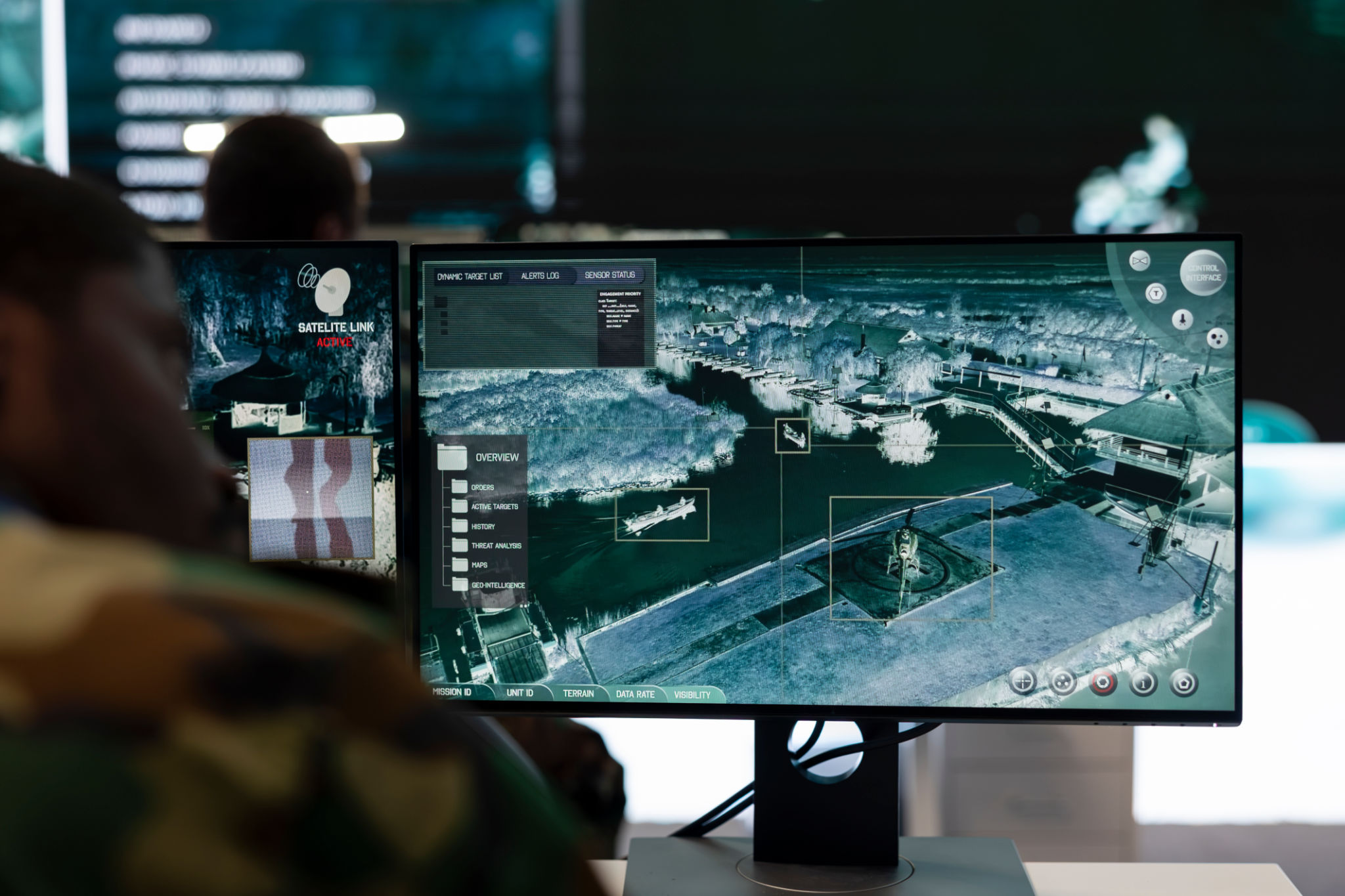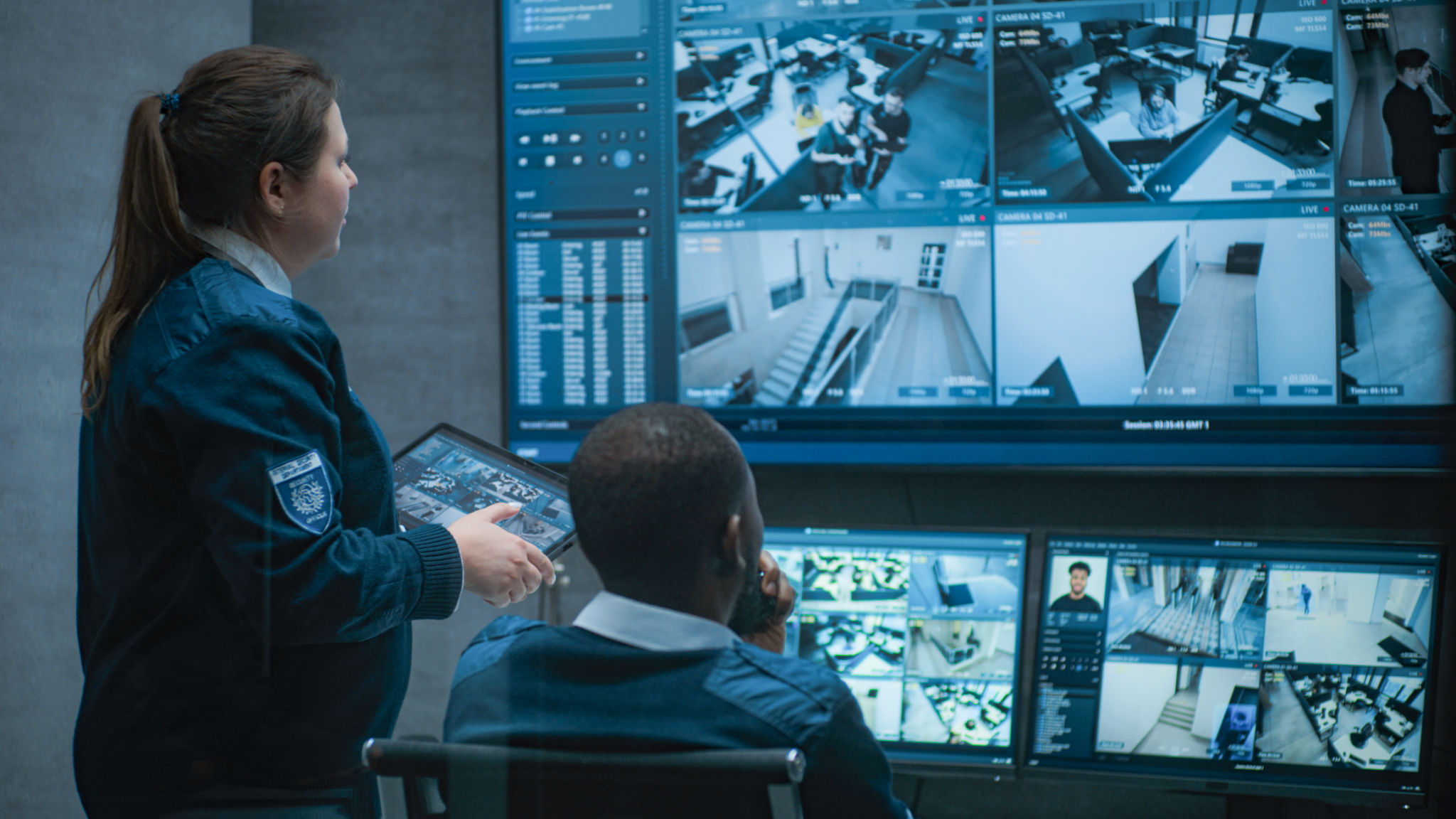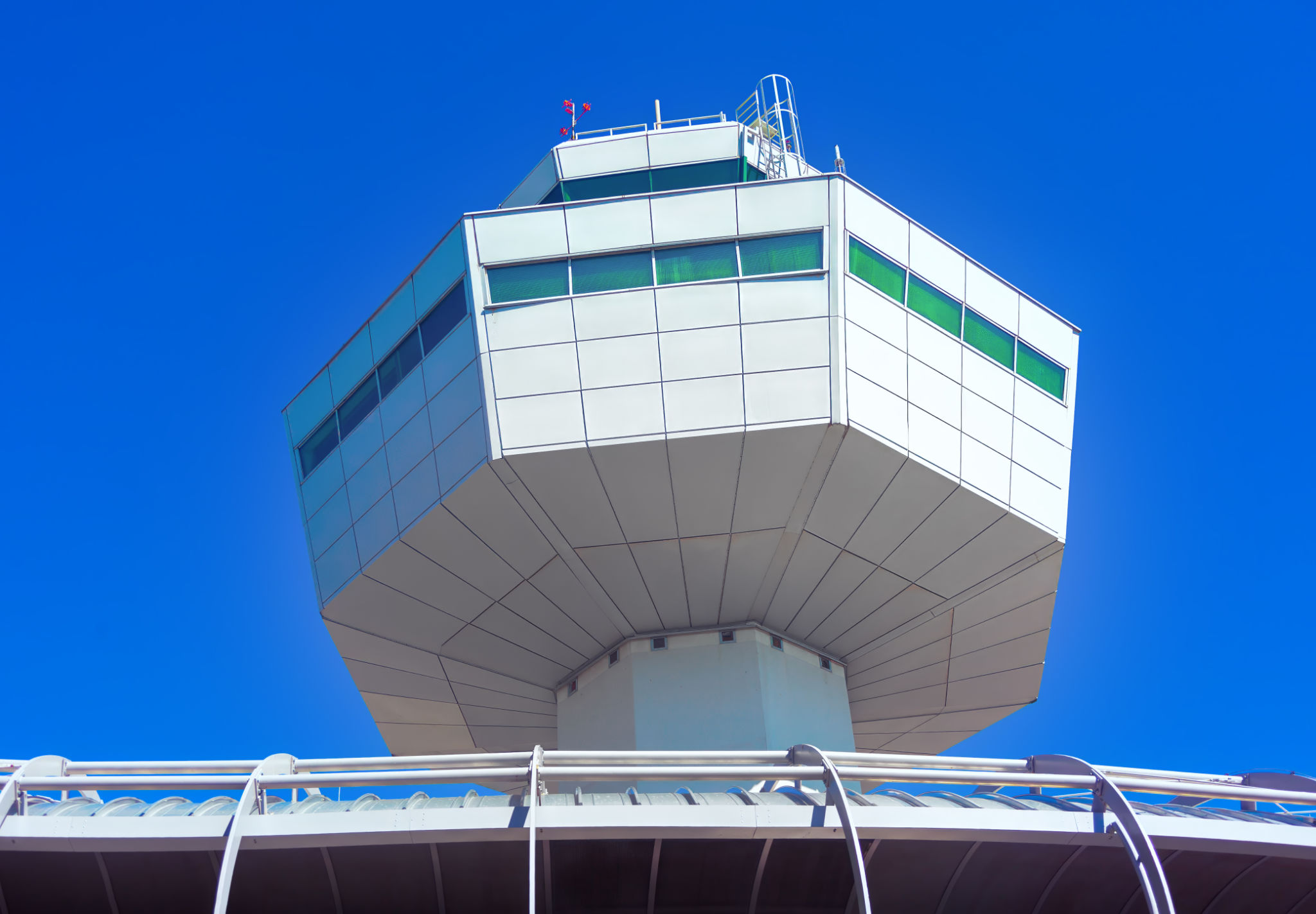Air Security Services in Texas: Ensuring Safety in the Skies
Introduction to Air Security Services in Texas
As one of the largest states in the United States, Texas boasts a vast network of airports and air traffic, necessitating robust air security services. Ensuring safety in the skies is not just a priority but a necessity to protect passengers, crew, and cargo. The importance of air security services cannot be overstated, as they form the backbone of safe and efficient air travel.

The Role of Air Security Services
Air security services in Texas play a multifaceted role, ranging from screening passengers and luggage to monitoring airspace for potential threats. These services are designed to prevent any unauthorized access to aircraft and airport facilities. Advanced technology and highly trained personnel work hand-in-hand to identify and mitigate risks effectively.
Screening and Surveillance
One of the primary functions of air security services is to conduct thorough screening processes. This includes the use of state-of-the-art scanners and detectors to ensure no prohibited items make their way onto aircraft. Surveillance systems, including CCTV and advanced analytics, provide a vigilant eye over airport premises, ensuring continuous monitoring and quick response to any suspicious activity.

The Importance of Collaboration
Collaboration between different agencies is crucial for effective air security. In Texas, federal, state, and local agencies work together with private security firms to maintain high-security standards. This collaboration extends to sharing intelligence, conducting joint training exercises, and coordinating responses to potential threats.
- Federal Aviation Administration (FAA)
- Transportation Security Administration (TSA)
- Department of Homeland Security (DHS)
- Local law enforcement agencies
Technological Advancements
The aviation industry continually adopts new technologies to enhance security measures. From biometrics for identity verification to artificial intelligence for threat detection, these technologies provide an added layer of protection. The ongoing research and development in this sector ensure that Texas airports remain at the forefront of air security innovations.

Training and Preparedness
Training is a cornerstone of effective air security services. Personnel undergo rigorous training programs that cover a wide range of scenarios, ensuring they are prepared for any situation. Regular drills and exercises are conducted to keep skills sharp and response times swift. This emphasis on preparedness is critical in maintaining the safety of passengers and crew.
Challenges in Air Security
Despite the advancements, air security services face several challenges. The increasing volume of air traffic, evolving security threats, and the need for constant technological upgrades pose significant hurdles. However, Texas remains committed to overcoming these challenges through continuous investment in infrastructure and personnel.

The Future of Air Security in Texas
The future of air security services in Texas looks promising with ongoing efforts to integrate more sophisticated technologies and improve coordination among agencies. As the aviation industry grows, so too will the measures to ensure that safety remains the top priority. Through innovation, collaboration, and vigilance, Texas is set to continue leading the way in ensuring safety in the skies.
